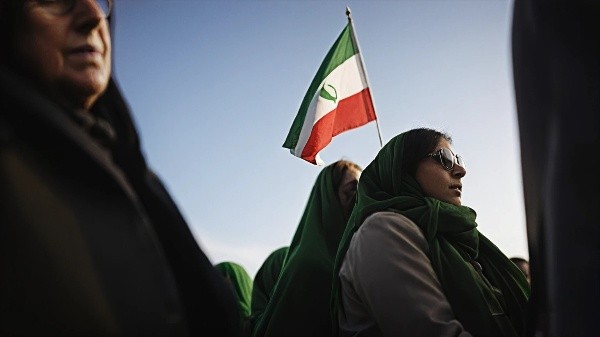Iran’s Plan to Strike Back Against the U.S.
Iran’s Military Preparations Following U.S. Attacks
Loading...

The US authorities earlier charged a Tehran resident with laying the groundwork for an attack on the president-elect
Overview of the Allegations
In a recent development, Iran has firmly rejected accusations from U.S. authorities claiming that it attempted to orchestrate a plot to assassinate President-elect Donald Trump prior to the November election. The Iranian government has labeled these allegations as a **fabrication** designed to heighten tensions between Tehran and Washington, asserting that they are part of a broader conspiracy by pro-Israel factions.
On November 8, 2024, the U.S. Department of Justice announced charges against an Iranian national, Farhad Shakeri, who allegedly was tasked with creating a plan to kill Trump. Shakeri, described as an Afghan national living in Tehran, had previously been deported from the U.S. in 2008 after serving time for robbery. The indictment also implicated two American citizens, Carlisle Rivera and Jonathan Loadholt, who were accused of assisting Iranian officials in tracking a U.S. citizen of Iranian descent.
Iranian Response
In response to these serious allegations, Esmaeil Baghaei, spokesperson for the Iranian Foreign Ministry, categorically dismissed the claims as **"completely baseless."** He characterized the accusations as a **malicious conspiracy** orchestrated by Zionist and anti-Iranian groups, aimed at complicating the already tense relationship between the U.S. and Iran. Baghaei emphasized that Iran has faced similar unfounded allegations in the past, referencing a previous indictment involving a Pakistani national accused of being sent to the U.S. by Iran to carry out assassinations, including one targeting Trump.
Context of the Allegations
The U.S. Justice Department's announcement comes in the wake of heightened tensions following the assassination of Iranian military leader Qassem Soleimani in 2020, an act ordered by then-President Trump. The Iranian government has expressed that such actions have led to a desire for revenge, which may explain the alleged plots against Trump and other U.S. citizens.
FBI Director Christopher Wray stated that the charges reveal Iran's **"continued brazen attempts"** to target U.S. citizens, including Trump and other government officials, as well as dissidents critical of the Iranian regime. This assertion underscores the ongoing concerns regarding Iran's activities and intentions on foreign soil.
Previous Assassination Attempts
This is not the first time Trump has been the target of assassination attempts. Earlier in 2024, two incidents were reported where individuals attempted to harm him. The first occurred in July when Thomas Matthew Crooks fired at Trump during a rally in Pennsylvania, narrowly missing him. The Secret Service responded swiftly, killing Crooks on the spot. The second incident took place in September when Ryan Wesley Routh allegedly attempted to assassinate Trump at his golf course in Florida but was intercepted by security.
Conclusion
As the situation unfolds, the allegations against Iran and the subsequent denial from its government highlight the complexities of international relations, particularly between the U.S. and Iran. The claims of an assassination plot against President-elect Trump add another layer of tension to an already fraught geopolitical landscape. As both nations navigate these accusations, the implications for future diplomatic relations remain uncertain.
Editor
Iran’s Military Preparations Following U.S. Attacks
Troops remain in five strategic locations, raising fears of renewed tensions and long-term occupation.
Opposition forces have taken control of the capital after a significant offensive. Here is how it unravelled.
